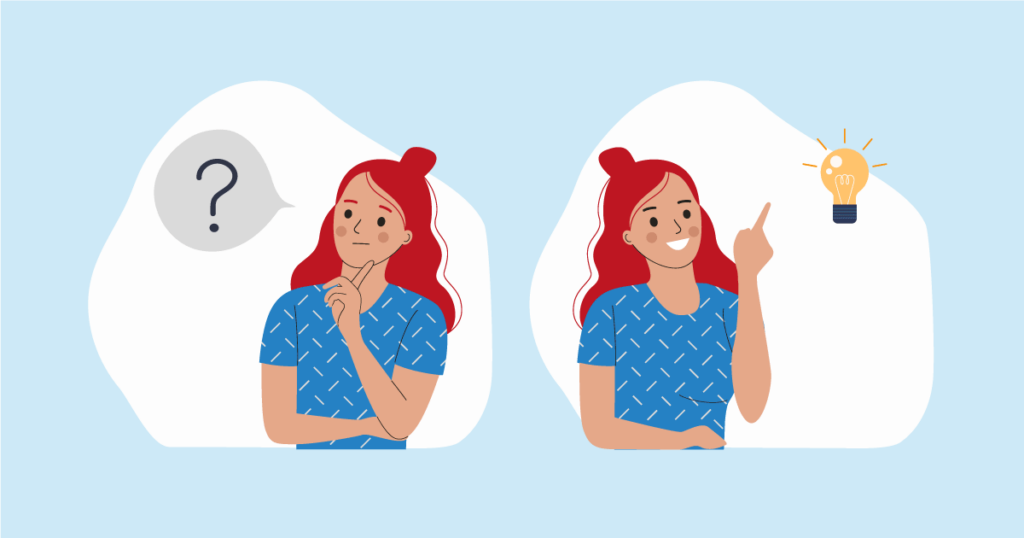Live Better and Work Smarter through a Deeper Understanding of Regret

Photo credit: iStockphoto.com (Lyudinka)
Regret is an emotion that most people don’t want to think about, yet there are many good reasons to.
The New York Times best-selling author and Conferences for Women speaker Daniel Pink has found that regret can help us:
- Negotiate more effectively
- Solve problems faster and better
- Think more clearly
- Become better strategists and
- Find greater meaning in life.
The author of The Power of Regret: How Looking Backward Moves Us Forward says that the science of regret shows that it is one of the most common emotions people have – and that, in Pink’s words, “done right, regret can make us better.”
Most people haven’t learned how to think about regret. Some try to ignore it, while others ruminate over it. But Pink suggests the best approach is to consider it as information about ourselves and what we value.
The Four Most Common Regrets
Ever wonder if you are the only one wrestling with your regrets?
Pink has conducted the world’s largest survey of regret – collected from more than 15,000 people in 105 countries and found four universal regrets (or, conversely, indicators of what people most value.)
Here’s how he categorizes them:
1. Foundation regrets. “Foundation regrets are small choices we make early in life that accumulate to negative consequences later in life,” says Pink. For example, some people regret not saving money early in their working life and finding themselves, many years later, still working hard with little to show for it.
2. Bonus regrets. “Bonus regrets begin at a juncture in our lives,” says Pink. “You might be at a crossroads where you can play it safe or take a chance. And the research shows that people who don’t take a chance regret it.” This could be regretting not traveling, asking someone for a date, or going for a job promotion. In short, says Pink: “People are much more likely to regret inactions than actions.”
3. Moral regrets. “When you’re at a juncture where you can do the right thing or the wrong thing, most people regret when they don’t do the right thing,” says Pink.
4. Connection regrets. Connection regrets are about the full spectrum of relationships. Specifically, when we have had a relationship that was intact at one point but has since come apart, and we want to reach out but feel awkward about reaching out because we believe the other person will not care. So we do nothing. And then sometimes it’s too late.
Three ways to remake your regrets
Pink offers the following tips for turning regrets into something positive:
1. Reframe how you look at the regret and yourself. “When we make mistakes, particularly in our careers, we often talk to ourselves in brutal, vicious, and cruel ways. So here’s the lesson: Don’t do that. Instead, treat yourself with kindness rather than contempt.”
2. Remember that regrets are part of the human condition. “We have to recognize that our mistakes–making a blunder at work, taking a job we shouldn’t have–are a moment in our life, not the full measure of our life.”
3. Move forward and extract the lesson from your regret. “We tend to be reasonably good problem-solvers in general but pretty terrible problem-solvers with our problems,” says Pink. “So, one of the best decision-making heuristics I know is, when you’re stuck, ask yourself this question: ‘What would I tell my best friend to do?’”
“If you do those things, I think you can have a brand-new outlook on this profoundly misunderstood emotion and harness it to work smarter,” Pink said, which can help you propel your career forward.

Daniel Pink is a Conferences for Women speaker and New York Times best-selling author.